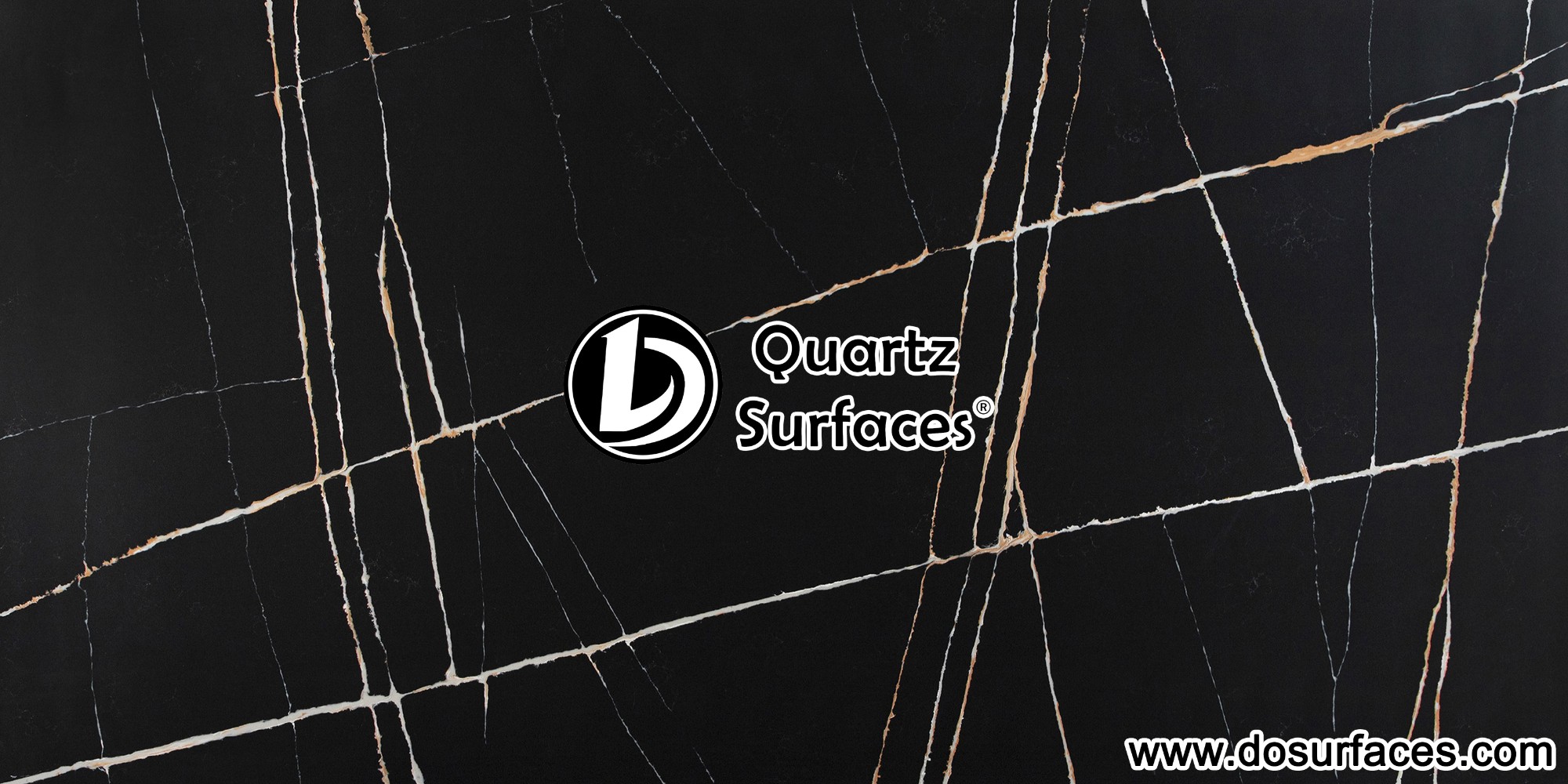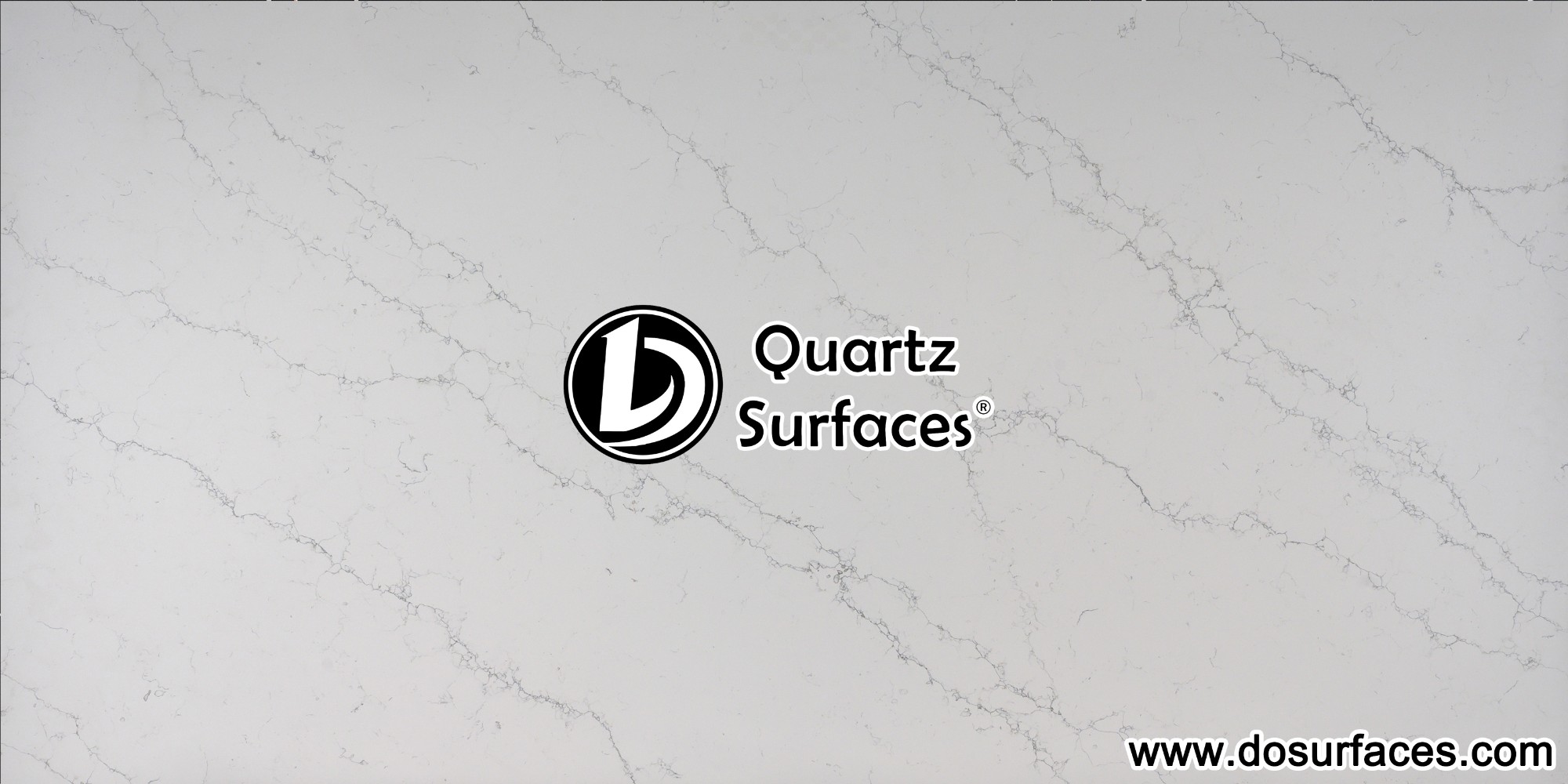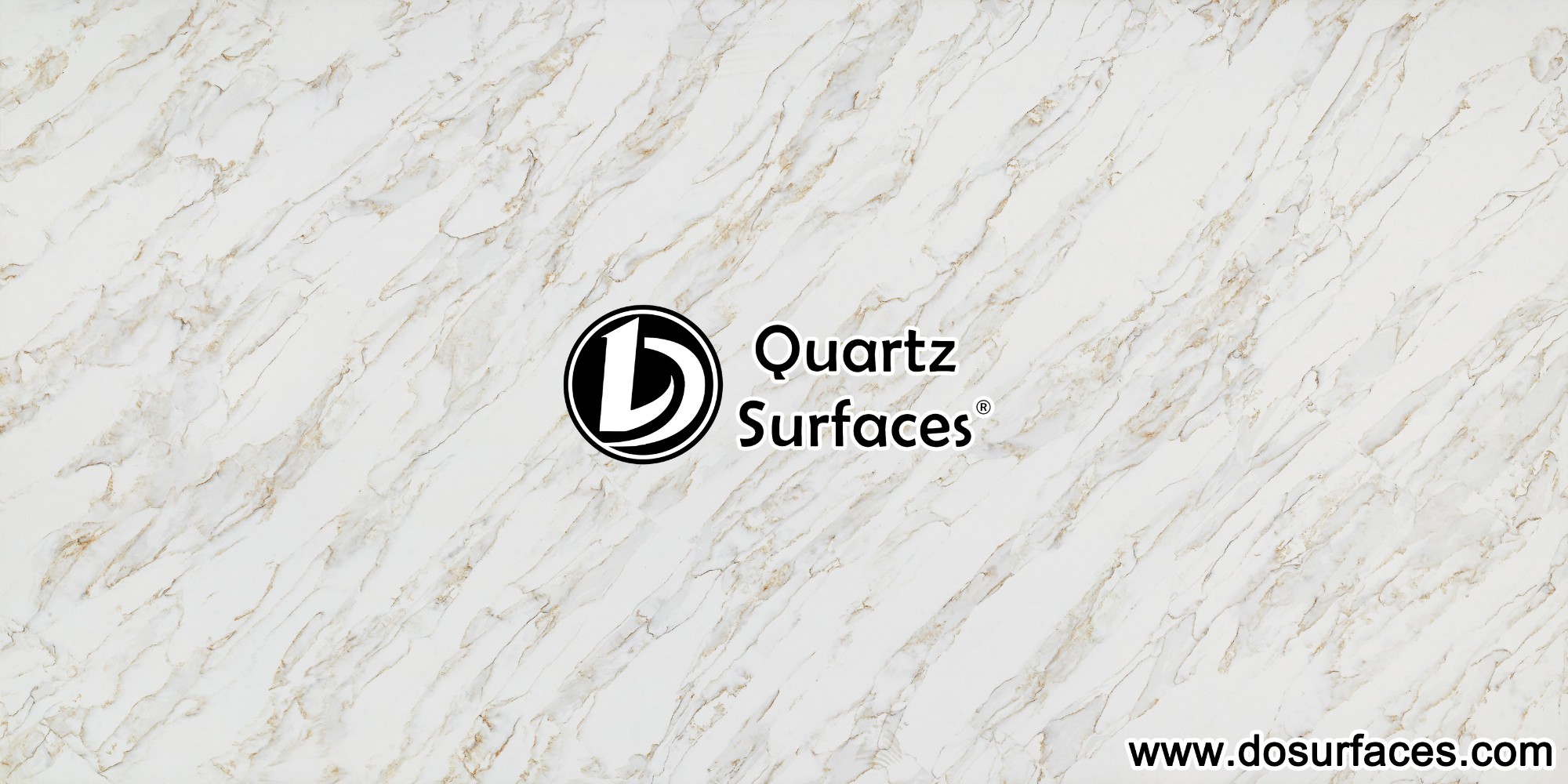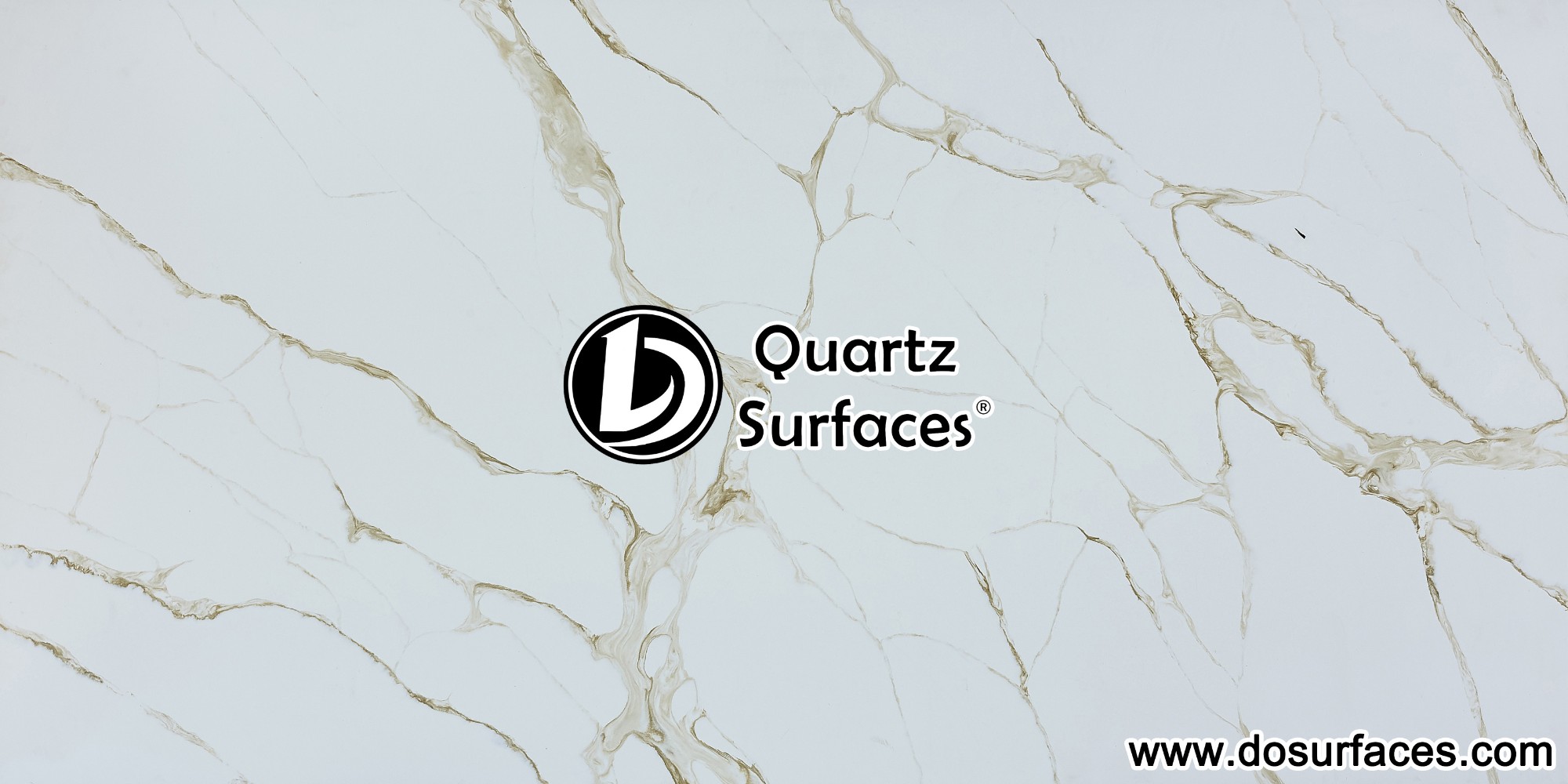Understanding the Stain Resistance of Quartz Countertops
The impressive stain resistance of quartz countertops is a key factor in their growing popularity for both residential and commercial applications. Understanding how this resistance is achieved offers valuable insight into the benefits of choosing quartz over other materials. Quartz countertops are engineered surfaces made from a combination of natural quartz crystals and synthetic materials, primarily resin binders and pigments. This blend is meticulously designed to enhance the stone's natural properties while minimizing its weaknesses.
One of the primary reasons for quartz countertops' superior stain resistance is their non-porous nature. Unlike natural stones such as granite and marble, which have tiny pores and capillaries that can absorb liquids and lead to staining, quartz countertops are completely solid. This is due to the resin binders used in their manufacturing process, which fill in all the microscopic gaps between the quartz crystals, creating a surface that does not allow liquids to penetrate.
Manufacturing Process of Quartz Countertops
The manufacturing process involves mixing approximately 90-95% ground natural quartz with 5-10% polymer resins and pigments. This mixture is then subjected to a high-pressure, high-temperature process called vibrocompaction. The result is a dense, non-porous slab that is incredibly hard and durable. The resin binders not only contribute to the non-porous quality but also provide flexibility, making the surface less prone to cracking and chipping.
Additionally, the non-porous characteristic of quartz countertops means they do not require sealing, unlike natural stone surfaces. The absence of pores prevents the absorption of oils, wine, coffee, and other common staining agents. Any spills on a quartz countertop remain on the surface, where they can be easily wiped away with a cloth and mild detergent. This ease of cleaning contributes to the material's reputation for being low maintenance.
Uniform Surface and Stain Resistance
Another factor contributing to the stain resistance of quartz countertops is the uniformity of the surface. During the manufacturing process, the mixture of quartz crystals and resins is evenly distributed, ensuring consistent appearance and performance across the entire slab. This uniformity means there are no weak spots or variations that could potentially absorb stains.
Moreover, the resins used in quartz countertops are designed to resist both staining and corrosion. They provide an additional protective layer that enhances the surface's ability to repel stains from acidic substances like lemon juice and vinegar, which can etch and stain natural stone surfaces. This chemical resistance makes quartz countertops ideal for kitchens and bathrooms, where such substances are commonly used.
Conclusion
Quartz countertops also benefit from advancements in technology that allow for the production of high-quality, consistent slabs. Modern manufacturing techniques ensure that each slab meets stringent standards for quality and durability, providing homeowners and businesses with a reliable and aesthetically pleasing surface.





